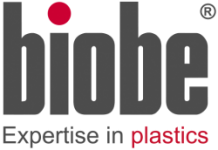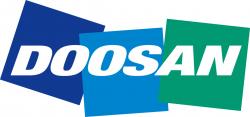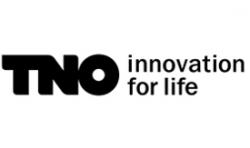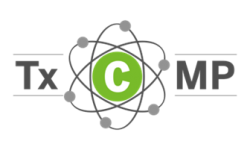Coordinator Name: Mohamed Pourkashanian
Coordinator Job Role: Head of University Energy Research Institute, University of Sheffield
Professor M. Pourkashanian is the Head of University Energy Research at the Energy Institute, University of Sheffield, General Secretary of the International Flame Research Foundation (IFRF), and chair of the International Test Centre Network (ITCN). Professor Pourkashanian led the establishment of the Pilot-scale Advanced Capture Technology (PACT) national facilities in 2012 and has been the Executive Director of PACT for the past 6 years. Recently, he has received £21M+ from BEIS and the EU to establish the Translational Energy Research Centre at the Advanced Manufacturing Research Centre. He is a Professor of Energy Engineering and has completed numerous major research projects on clean energy technology and has received a substantial sum of grants from RCUK-EPSRC, EU, NATO and industry. He has published over 466 refereed research papers and has co-authored books on biomass, coal combustion and CCUS technology (h-index 45 - Web of Science). He leads a team of 15 research fellows and 29 PhD students with an active grant of over £27M (2019). He played a leading role in developing the NOx post-processing computer codes and subsequently soot/NOx models that were later employed in the commercial CFD software. He worked as a technical consultant (1994-2000) for BOC Group Technical Centre, USA, on oxyfuel combustion in glass manufacturing. He is a member of numerous international and national scientific bodies including an invited member of the All Party Parliamentary Renewable Transport Fuels Group, member of technical working group for the Department of Energy & Climate Change (CCS Roadmap UK2050) and Expert-Member in EU-GCC Clean Gas Energy Network.













